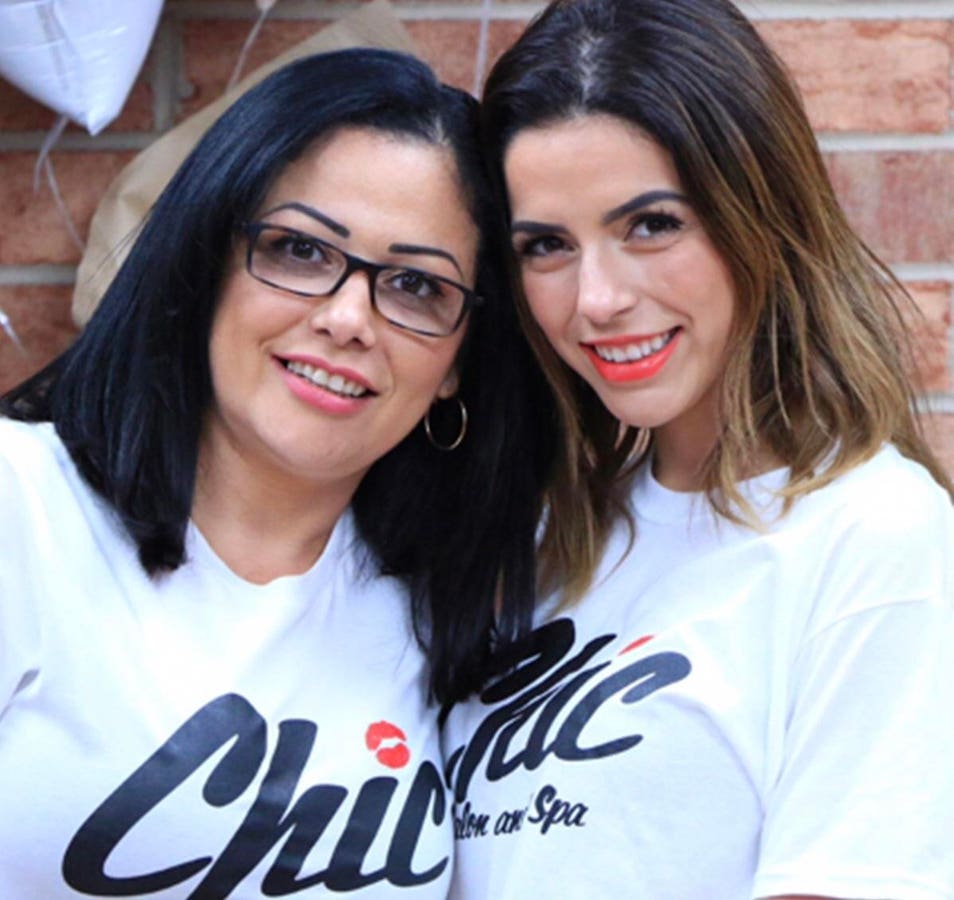Wells Fargo’s $420 million donation to its Open for Business (OFB) Fund provided a lifeline to small businesses struggling to recover after the pandemic. This initiative—channeled through more than 200 community organizations—delivered crucial capital and technical assistance, empowering businesses in underserved areas to not just survive but thrive.
A new crisis calls for additional support for struggling communities and small businesses in Southeast states. There are lessons from recovering from the pandemic that can be applied to the devastation wrought by Hurricane Helene in North Carolina and other states. Wells Fargo made an immediate $1 million donation.
“We know the impacts for many are still unfolding, making the aftermath a very dynamic situation,” said Darlene Goins, head of philanthropy and community impact and president of the Wells Fargo Foundation, in a press release. “We plan to monitor the hardest hit areas to see how the bank can support longer-term efforts.”
Against that backdrop, the OFB Fund has laid essential groundwork.
Beyond direct financial aid, the fund has fostered a collaborative support ecosystem, strengthening organizations that include Foundation For The Carolinas. This aid has helped entrepreneurs such as Yessica Aguirre Piña, owner of a Charlotte salon and spa, access vital resources and achieve their dreams of business ownership and expansion.
Capital, Technical Assistance, And Partnership
To aid small businesses impacted by the pandemic, the OFB Fund has provided vital support through flexible capital and technical assistance. Wells Fargo’s* donation of its $420 million Paycheck Protection Program (PPP) fees to the fund ensured these resources reached communities in need. Through the 200-plus entrepreneurial support organizations and Community Development Financial Institutions (CDFIs), the fund has provided financial and advisory services, empowering small businesses to navigate challenges and emerge stronger.
“Investment in underestimated small businesses really pays off,” said Goins. The fund catalyzed $2.1 billion in public and private investment and has provided over $1.4 billion in affordable loans, grants, and loan modifications to struggling small businesses. The initiative has prioritized underserved communities and strengthened the capacity of supporting organizations, enabling them to better serve their communities and aid small businesses in the long term.
“We really tried to hone in on the businesses that had the greatest need and are often underestimated,” explained Goins. “Seventy-nine percent of the businesses were racially and ethnically diverse. Seventy-two percent identified as low and moderate-income. Fifty-three percent were women.” A majority of those were women of color.
Wells Fargo Fuels Economic Mobility In Charlotte
Tracy Russ, Special Advisor for Civic Initiatives at Foundation for the Carolinas, leads the Beyond Open program, a groundbreaking initiative funded by Wells Fargo that awarded over $10 million in grants to small businesses in Charlotte. Beyond Open (known as Open for Business outside of Charlotte) leveraged partnerships with CDFIs and community organizations to provide comprehensive support to underserved entrepreneurs.
The foundation’s program is committed to addressing economic immobility. A 2014 study by Harvard economist Raj Chetty ranked Charlotte last among 50 major U.S. cities in economic mobility. This alarming statistic spurred the foundation to prioritize initiatives to foster economic growth and opportunity, particularly in historically underserved communities. While Charlotte is no longer in last place, it still needs to work on its 38th ranking.
Beyond Open may help the city and its small businesses do so. By concentrating resources in Charlotte, the program aims to create a more equitable distribution of capital and support. “We recognize that small businesses are catalysts for positive change in these communities,” Russ noted.
Central to Beyond Open’s success is its collaborative model. The foundation works closely with CDFIs and other community partners to provide not only funding but also technical assistance and mentorship to small business owners. “We leverage the trusted relationships that CDFIs have built within these communities,” Russ explained. This partnership approach allows the foundation to reach a wider audience and ensure that grantees receive the support they need to succeed.
Beyond Open’s impact extends beyond the direct benefits of grant funding. The program has also helped strengthen the capacity of CDFIs and other support organizations, creating a more robust and sustainable ecosystem for small business development in Charlotte. As the program enters its final round of funding, its innovative model offers valuable lessons for other communities seeking to promote inclusive economic growth.
To date, the Beyond Open program has awarded $10.7 million in grants to nearly 300 small businesses, 91% of which are owned by people of color and 60% of which are women-owned. The program has created 229 new jobs and preserved 730 existing jobs. Additionally, Beyond Open has helped small businesses increase their revenues by $11 million combined.
Grants And Guidance: A Winning Formula For A Latina Entrepreneur
Yessica Aguirre Piña, a 32-year-old entrepreneur, is the proud owner of Chic Salon and Spa in Charlotte along with her mother. The salon recently celebrated its seventh anniversary, marking a significant milestone in Aguirre Piña’s journey, which began with a leap of faith and a $20,000 loan from someone they knew.
Starting a business was not part of her original plan. Aguirre Piña had just gotten a stable corporate job with benefits and had no entrepreneurial experience. When her mother proposed the idea of buying a small salon, where Aguirre Piña would do facials and her mother would style hair, she resisted and then tested the waters. At first, she worked part-time on the side but quickly decided to quit her job and enter the world of entrepreneurship full-time. The first year was challenging, filled with long hours and doubts about whether they were doing things correctly.
Determined to succeed, Aguirre Piña adopted a proactive approach to learning. She read books and sought guidance from the nonprofit Prospera, which provided small grants and other resources. “Prospera focuses on Latino entrepreneurs,” Aguirre Piña said. “They were instrumental in helping me fix our financials and create a business plan.”
A key turning point came when she secured a $100,000 grant from Beyond Open, thanks to the support of her mentor, Nidia Fonseca, director at Facilitator One, a consulting company focused on helping minority companies with financials and marketing to facilitate business optimization.
The grant enabled Aguirre Piña to pursue expansion plans. Initially, she intended to move the salon to a bigger location. However, as the business evolved, she realized having two locations would be a better growth plan. Aguirre Piña purchased her own commercial property, but the renovation proved more challenging than anticipated. Unexpected costs and the need for additional funding forced her to re-evaluate the budget and seek further assistance and perhaps a loan from and institution.
Despite these setbacks, Aguirre Piña said she’s optimistic that with guidance, she can overcome the hurdles and grow her and her mother’s business with their second location. She is committed to learning, networking, and inspiring her siblings and other Latinas. “I want them to see that there are opportunities and not be afraid to ask questions,” Aguirre Piña explained.
How are you asking for support from the entrepreneurial ecosystem in your community?
Read the full article here











